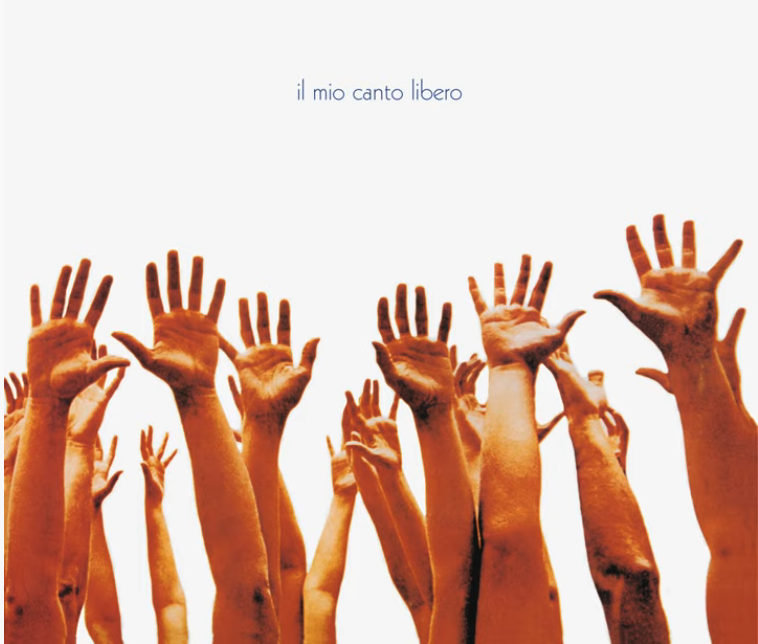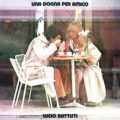Another classic by Lucio Battisti.
| Oggi é stata gran festa in paese si’ lo so | Today has been a big party in town, yes, I know | ||
| ma non per questo si brucian le chiese, no no no. | But the churches don’t burn for this, no | ||
| La botte era grande, il vino era buono, | The cask was large, the wine was good | ||
| lo sai anche tu | You know it, too | ||
| ti é tanto piaciuto che ci hai fatto il bagno non farlo mai piu’. | You liked it so much that you bathed in it, don’t do that again | ||
| La tua veste colore di fuoco é molto bella pero’ | Your flame-colored dress, however, is very lovely | ||
| troppo a lungo la’ sul campanile sventolo’ | But it waved from the church tower for too long | ||
| gli indumenti di pizzo ricaman la pelle ma mi sembra che tu | Lacy clothing embroiders the skin, but it seems that you | ||
| questa sera al chiaror delle stelle non li avevi piu’. | this evening by starlight didn’t have it anymore | ||
| Luci – ah! Luci – ah! | Lucia! | ||
| Di solito cosi’ non si fa! | Usually we don’t behave this way | ||
| Luci – ah! Luci – ah! (ripete) | Lucia! | ||
| Tu sapevi che il curato ogni giorno prega sempre per te | You know that every day the curate always prays for you | ||
| ma perché l’hai legato a lui intorno hai ballato, perché? | But why did you tie him up and dance around him, why? | ||
| E quando il figlio del tuo macellaio ti ha chiesto in sposa tu a lui | And when the son of your butcher asked to marry you | ||
| non dovevi rispondere che una bistecca non sei | You should not have answered him that you’re not a beefsteak | ||
| e siam d’accordo con te devi decidere tu il fidanzato che vuoi | And we’re agreed that you should decide on the fiance you want | ||
| comunque esageri un po’ con la richiesta che fai | But in any case your request is a bit beyond the pale | ||
| provarli tutti non puoi! | you can’t try them all! | ||
| Luci – ah! Luci – ah! Di solito cosi’ non si fa! Luci – ah! Luci – ah. | Lucia! | ||
| Ho l’impressione che se non smetti all’inferno tu finirai, | I have the impression that if you don’t stop you’ll end up in hell | ||
| ma se non altro quel luogo piu’ allegro ed umano renderai! | But if nothing else you’ll make that place happier and more human | ||
| Luci – ah! Luci – ah! Luci – ah! | Lucia! | ||
| Di solito cosi’ non si fa! Luci – ah! Luci – ah! Na, na na na | Usually we don’t behave this way |










